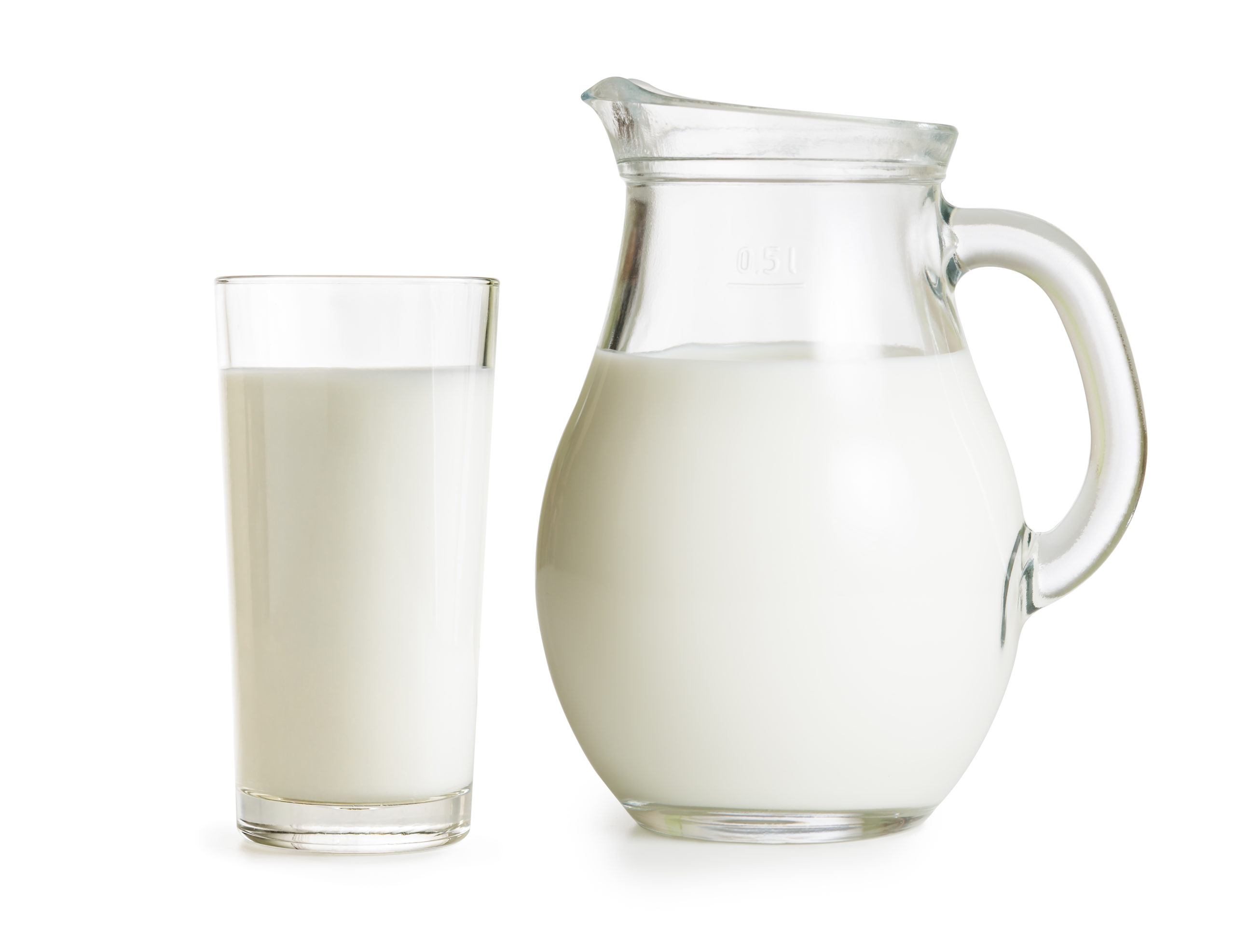If you are suffering from arthritis, you may be one of those who dreads winter as it comes along. Some may even feel as though they can predict cold weather when their joints suddenly begin to ache!
The science regarding winter’s effects on arthritis isn’t fully understood, but there have been many anecdotal cases of flare-ups during cold and damp weather.
If you are a sufferer of rheumatoid arthritis, it’s worth being careful during cold weather seasons in order to prevent any sudden aches that can seriously affect your mobility and quality of life. Here are some simple tips to preventing flare-ups when winter rolls around:
- Stay warm. Keep the heating at a comfortable level, wear many layers, keep your insides warm with food and drink.
- Stay moving. Exercise and regular movement help keep your joints active, as well as releasing pain-relieving endorphins. Movement can also generate heat that can keep you feeling warm for longer. Be careful not to overdo it and make sure you check with your doctor before switching up your exercise regimen.
- Diet is key. Food rich in pain-relieving omega-3 and low in cholesterol can fight inflammation, which is a key factor in joint flare-ups.
Arthritis is a serious condition that can affect your life and even your sense of independence as you age. At Solstice Health, we offer a range of wellness and health options including regenerative medicine and other therapies to allow you to enjoy life again. Contact us today to find out more.








